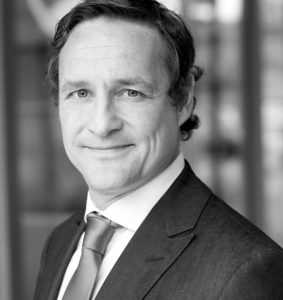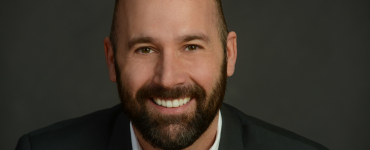eco – Association of the Internet Industry criticises the German federal government’s plans for the transposition of the EU copyright reform. The cabinet is expected to pass a bill on this on Wednesday.
eco Chair of the Board Oliver Süme has the following to say on this matter:
“The new regulations on ancillary copyright for press publishers, which are also included in the latest draft law, in combination with the planned upload filters, will lead to a deep incision into freedom of expression and stunt the development of new and innovative platforms throughout the whole of Europe.”
With regard to the ancillary copyright, the eco Chair warns that the definition of ‘short’ article excerpts that platforms and search engines will be allowed to cite from press articles without a licence is too vague. Süme: “If EU copyright law is transposed in this form, lengthy legal disputes are inevitable.” In addition, Süme expresses doubts that the effort and costs of enforcing the controversial law would be of even remote proportionate worth when considering the low income it would generate for publishers.
The Association of the Internet Industry foresees further legal problems with regard to the tracking of postings. For example, rightholders would have no obligation whatsoever to tag their publications with a machine-readable date. In addition, the association considers a protection period of up to three years for the respective postings to be too long and not very practicable. Moreover, what has not been clearly defined is that subsequent amendments – even of individual alphabetical characters – would not lead to an extension of the protection period.
“There is no doubt whatsoever that creators’ and publishers’ rights to their texts are to be respected, but double standards are being applied here,” Süme continues. “While only vague provisions apply to publishers, for platform operators, immense extra work and considerable additional costs for licence fees are to be imposed. The visibility and diversity that platforms create for creators’ content on the Internet is not being counterbalanced in any way.”
With regard to the rules for sharing online content, eco also criticises the fact that consistent implementation would only work with upload filters. “Whether too little or too much is blocked, the liability always falls on the service providers, who have to decide within seconds on what are usually very complex issues in copyright law – which in my opinion is the completely wrong approach,” Süme continues. “Only the judiciary – and not private providers and companies – should get to decide what is legal and what is not.”
In this area, a factor to be viewed critically is also the lack of balance and disequilibrium: “There are regular calls for the legal differences between online and offline to be eradicated. However, when it comes to the exemptions for legally permitted use, the legislator creates these anew and makes what’s online chargeable, while no fees are charged offline,” Süme concludes.



